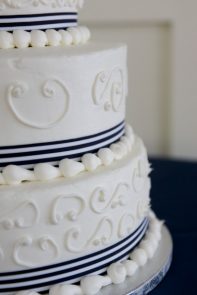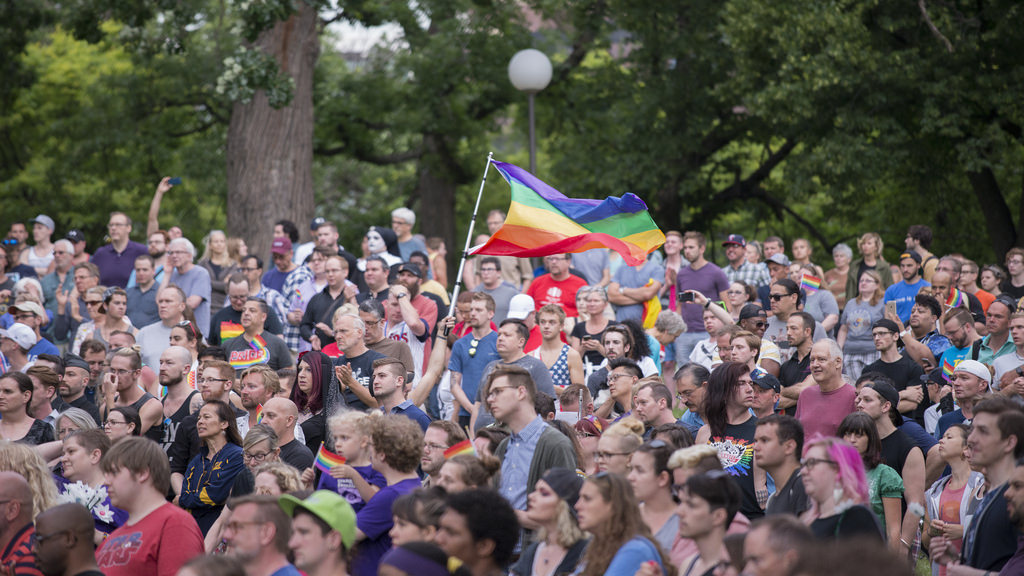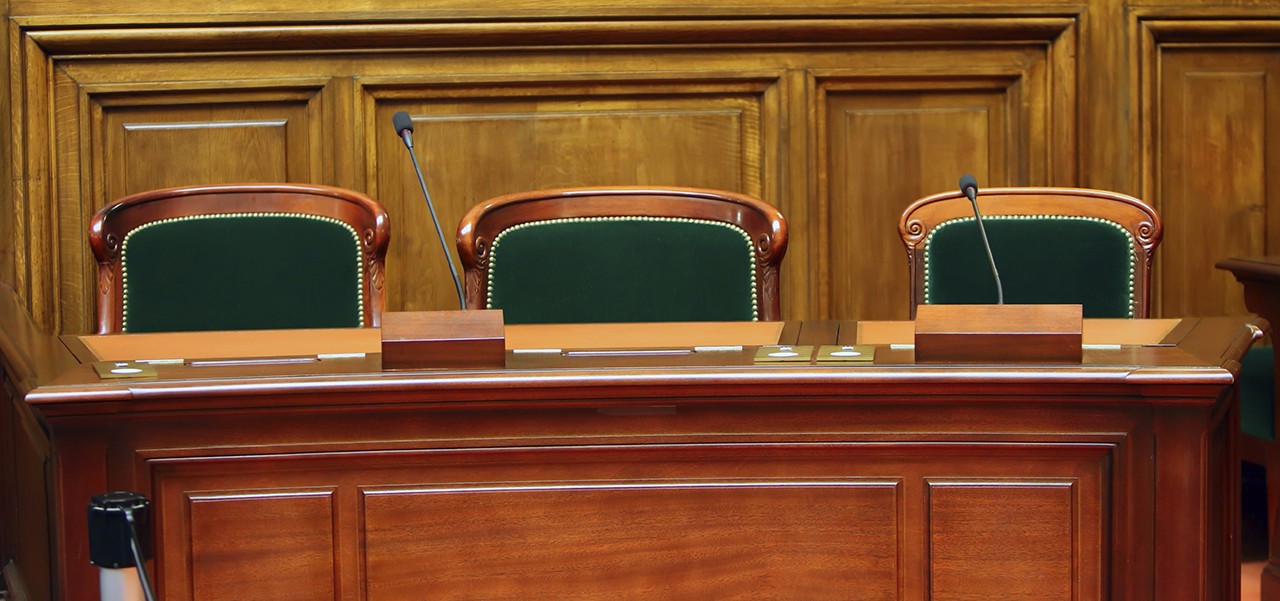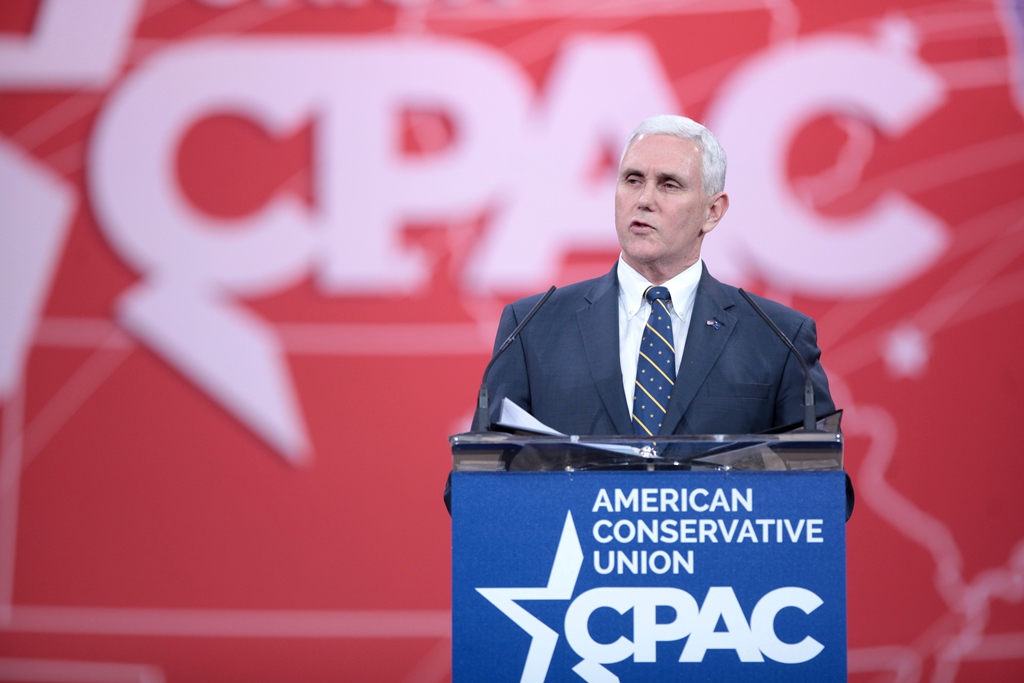Abortion rights, women of color, and LGBTQIA+ people are under attack. Pledge to join us in fighting for gender justice.
It’s Not Just About Wedding Cakes
 On Monday, the U.S. Supreme Court decided to hear a case during the 2017-2018 term examining whether a business can use religious beliefs to discriminate against people.
On Monday, the U.S. Supreme Court decided to hear a case during the 2017-2018 term examining whether a business can use religious beliefs to discriminate against people.
This case involves a same-sex couple who visited Masterpiece Cakeshop in Colorado in 2012 to ask about buying a cake for their upcoming wedding. The cakeshop refused to serve them, citing its policy against selling baked goods for gay couples’ weddings. The couple filed a complaint with the Colorado Civil Rights Division, and an Administrative Law Judge found that that the cakeshop had violated the Colorado Anti-Discrimination Act (CADA) by refusing to serve them.
However, the cakeshop would not accept the judge’s decision that it was discrimination for a business open to the public to refuse service to a gay couple. Both the Colorado Civil Rights Commission and the Colorado Court of Appeals rejected the cakeshop’s appeals, upholding the original judge’s decision that this was discrimination in violation of CADA. The cakeshop then asked the Supreme Court to weigh in.
The Cakeshop Wants the Supreme Court to Give it a Right to Discriminate
Masterpiece Cakeshop is a business that sells wedding cakes to the public. The Colorado Anti-Discrimination Act says that businesses that offer goods and services to the general public cannot discriminate based on sexual orientation, race, sex, or disability, among other bases. As the Colorado Court of Appeals and Civil Rights Commission have already said, businesses do not get to cry religion in order to get out of complying with anti-discrimination laws.
Yet Masterpiece Cakeshop wants the U.S. Supreme Court to give it an unprecedented right to use religion to turn away customers based on who they are.
A Slippery Slope to a Broader License to use Religion to Discriminate
Masterpiece Cakeshop is not the only business trying to use religion to discriminate and refuse services. Corporations have increasingly been claiming a right to discriminate based on religious or moral beliefs in multiple arenas, including health care, education, the workplace, and public accommodations, often at the expense of women and LGBTQ folks. The cakeshop’s complaint is particularly familiar to those of us working in reproductive health, where businesses and health care providers across the country have been claiming in recent years that their religious beliefs justify their refusal to provide health care services to patients or insurance coverage to employees.
In 2015, the Supreme Court opened up a minefield with its decision in Burwell v. Hobby Lobby, holding that certain corporate employers can use religion to get out of complying with a broadly applicable health care law requiring employers to provide insurance coverage of birth control. It remains to be seen what the Supreme Court will do with Masterpiece Cakeshop’s claims when it hears this case next term. Certainly with a new Justice – Neil Gorsuch – who has already indicated a willingness to expand the role of religion in public life, there is reason to be worried. If the Court sides with Masterpiece Cakeshop, it could be the next step after Hobby Lobby towards even more widespread corporate use of religious beliefs to discriminate against customers, patients, employees, and others. We should all be watching.




